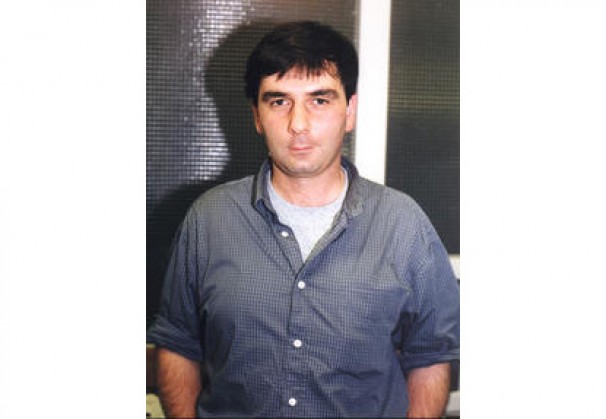
Georgi Dvali, a NYU physicist, is exploring the properties of black holes in relation to gravity with the help of a $1.5 million grant from the European Research Council. He is one of 284 researchers chosen from just over 2,400 applicants.
Dvali said he and his collaborator, César Gómez, a professor at Instituto de Física Teórica, are looking to answer two main questions which were not thought to be connected previously. Dvali posed the questions as such — “what is the quantum theory of gravity at very short distances, or equivalently high energies and what is the true quantum nature of black holes?”
“We claim that the source of both mysteries are in wrong assumptions about the role of quantum mechanics for macroscopic black holes,” Dvali said.
He explained that normally large macroscopic objects are negligibly affected by quantum effects.
“What Cesar and I have discovered is that black holes are a rare exception from this rule. Despite being gigantic they are extremely sensitive to quantum effects,” Dvali said.
If they prove their theory correct, the way people think of gravity will change.
“It will dramatically change the way we think about space time fabric and in particular black holes,” Dvali said. “What we are claiming is that there is no need for any extension or modification of Einstein gravity, rather we have to treat it quantum mechanically as the quantum theory of gravitons.”
NYU physics professor Massimo Porrati said he finds Dvali’s research intriguing.
“Though it could ultimately turn out to describe other objects in quantum gravity that are not the ‘generic’ black hole, but rather very interesting new coherent states of matter,” Porrati said.
Dvali and Gómez met at the international workshop of quantum gravity and black holes at CERN, the European Organization for Nuclear Research, in 2008. In 2010, they started developing their theory.
Dvali’s proposal explaining his theory was evaluated by a panel of scientists around the world before being chosen. The ERC was not available to comment because the grant agreements have not yet been signed.
Dvali will conduct his research at the Ludwig Maximilians University in Munich, and he said that they are creating a global group of collaborators.
CAS sophomore Edwin Augustin said Dvali’s grant and research deserved to be funded.
“He is not approaching a black hole as a singularity, but as a bundle of microscopic particles, which is an approach I rarely hear of as a student,” Augustin said. “I believe his research is well deserving of the grant he received.”
A version of this article appeared in the Wednesday, Oct. 9 print edition. Klein Aleardi is a contributing writer. Email him at [email protected].
* Correction: In a previous version of this article, the headline said Dvali had received a CERN grant. He received an ERC grant. Additionally, Dvali’s work was reviewed by a panel of international scientists. His work was not reviewed by all 25 scientists on the panel.






















































































































































